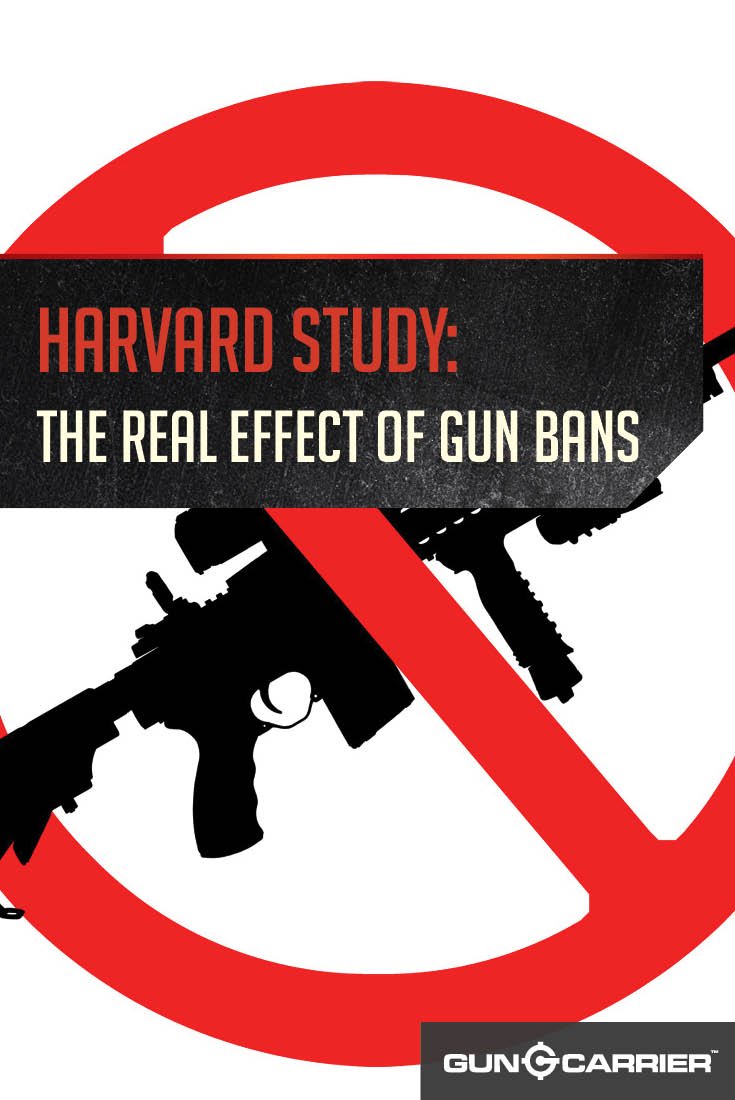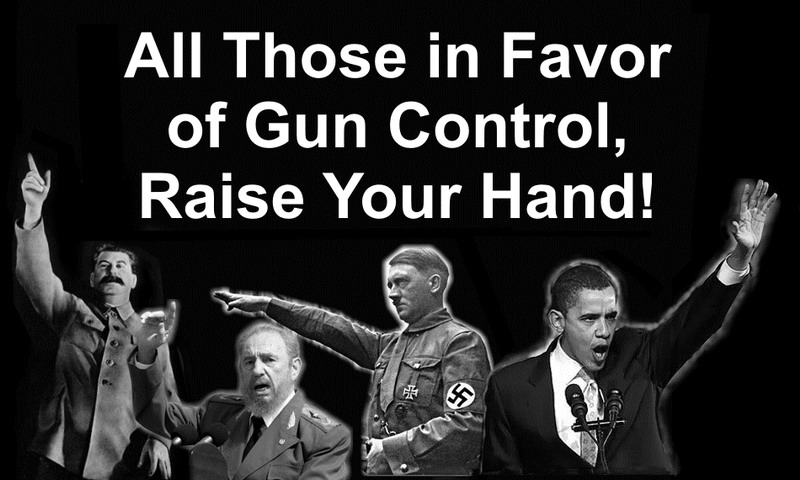odanny
Diamond Member
In case you get paywalled, I will post the most relevant text from the article. It really is striking how American "Christians" and guns have formed this partnership.
Mod Note: Dont take long copyrighted quotes. Rules require adherence to DCMA "fair use" practice at USMB. We've already gotten one copyright nastygram this week. McRib
Daniel Defense, the Georgia company whose gun enabled the slaughter at Robb Elementary School, presents its corporate identity in explicitly religious terms. At the time of the shooting, the company’s social media presence included an image of a toddler with a rifle in his lap above the text of Proverbs 22:6 (“Train up a child in the way he should go, and when he is old, he will not depart from it”). For Easter, it posted a photograph of a gun and a cross resting on scriptural passages recounting the Resurrection.
In Florida, Spike’s Tactical (“the finest AR-15s on the planet”) makes a line of Crusader weapons adorned with a quote from the Psalms. Missouri-based CMMG (“the leading manufacturer of AR15 rifles, components and small parts”) advertises its employees’ “commitment to meet each and every morning to pray for God’s wisdom in managing the enormous responsibility that comes with this business.” And in Colorado, Cornerstone Arms explains that it is so named because “Jesus Christ is the cornerstone of our business, our family and our lives” and the “Second Amendment to our Constitution is the cornerstone of the freedom we enjoy as American citizens.”
<Moderation Snip>
It is easy to miss, but this melding of evangelism and the right to bear arms is a step beyond the “natural rights” argument for gun ownership, which holds that self-defense is a law of nature required to protect life, liberty and the pursuit of happiness. These rights are often said to be God-given in the sense of being taken for granted, and they are enshrined as such in the Declaration of Independence. As interpreted by many evangelicals, the distant deistic “creator” Thomas Jefferson credited with endowing such rights has become a specific, biblical deity who apparently takes an active interest in the availability of assault rifles.
<Moderation Snip>
We can see the implications of this even in ostensibly nonreligious aspects of our current gun debate, which are influenced by theological assumptions in surprising ways. The insistence that guns are used constantly and successfully for self-defense and protecting the community found its most infamous expression in the wake of the 2012 shooting at Sandy Hook Elementary School, when the National Rifle Association’s Wayne LaPierre said, “The only way to stop a bad guy with a gun is a good guy with a gun.”
Since then, despite being debunked by data showing that firearms are more likely to injure their owners or their owners’ families than safeguard them, the protection offered by good guys with guns has emerged as an article of faith, supported with anecdotal evidence passed around like legends of the saints.
One of the most repeated of these tales recounts the story of a man who truly did halt a mass shooting, albeit only after 26 people were dead. On Nov. 5, 2017, when a gunman attacked the First Baptist Church of Sutherland Springs, Texas, a soft-spoken plumber and former firearms instructor named Stephen Willeford shot him with his AR-15. Contributing to the N.R.A.’s effort to spread the Gospel of the Good Guy With a Gun, Mr. Willeford spoke to the group’s Leadership Forum six months later.
<Moderation Snip>

 www.nytimes.com
www.nytimes.com
Mod Note: Dont take long copyrighted quotes. Rules require adherence to DCMA "fair use" practice at USMB. We've already gotten one copyright nastygram this week. McRib
Daniel Defense, the Georgia company whose gun enabled the slaughter at Robb Elementary School, presents its corporate identity in explicitly religious terms. At the time of the shooting, the company’s social media presence included an image of a toddler with a rifle in his lap above the text of Proverbs 22:6 (“Train up a child in the way he should go, and when he is old, he will not depart from it”). For Easter, it posted a photograph of a gun and a cross resting on scriptural passages recounting the Resurrection.
In Florida, Spike’s Tactical (“the finest AR-15s on the planet”) makes a line of Crusader weapons adorned with a quote from the Psalms. Missouri-based CMMG (“the leading manufacturer of AR15 rifles, components and small parts”) advertises its employees’ “commitment to meet each and every morning to pray for God’s wisdom in managing the enormous responsibility that comes with this business.” And in Colorado, Cornerstone Arms explains that it is so named because “Jesus Christ is the cornerstone of our business, our family and our lives” and the “Second Amendment to our Constitution is the cornerstone of the freedom we enjoy as American citizens.”
<Moderation Snip>
It is easy to miss, but this melding of evangelism and the right to bear arms is a step beyond the “natural rights” argument for gun ownership, which holds that self-defense is a law of nature required to protect life, liberty and the pursuit of happiness. These rights are often said to be God-given in the sense of being taken for granted, and they are enshrined as such in the Declaration of Independence. As interpreted by many evangelicals, the distant deistic “creator” Thomas Jefferson credited with endowing such rights has become a specific, biblical deity who apparently takes an active interest in the availability of assault rifles.
<Moderation Snip>
We can see the implications of this even in ostensibly nonreligious aspects of our current gun debate, which are influenced by theological assumptions in surprising ways. The insistence that guns are used constantly and successfully for self-defense and protecting the community found its most infamous expression in the wake of the 2012 shooting at Sandy Hook Elementary School, when the National Rifle Association’s Wayne LaPierre said, “The only way to stop a bad guy with a gun is a good guy with a gun.”
Since then, despite being debunked by data showing that firearms are more likely to injure their owners or their owners’ families than safeguard them, the protection offered by good guys with guns has emerged as an article of faith, supported with anecdotal evidence passed around like legends of the saints.
One of the most repeated of these tales recounts the story of a man who truly did halt a mass shooting, albeit only after 26 people were dead. On Nov. 5, 2017, when a gunman attacked the First Baptist Church of Sutherland Springs, Texas, a soft-spoken plumber and former firearms instructor named Stephen Willeford shot him with his AR-15. Contributing to the N.R.A.’s effort to spread the Gospel of the Good Guy With a Gun, Mr. Willeford spoke to the group’s Leadership Forum six months later.
<Moderation Snip>

Opinion | The Myth of the ‘Good Guy With a Gun’ Has Religious Roots (Published 2022)
God and guns have become strangely intertwined.
Last edited by a moderator:






